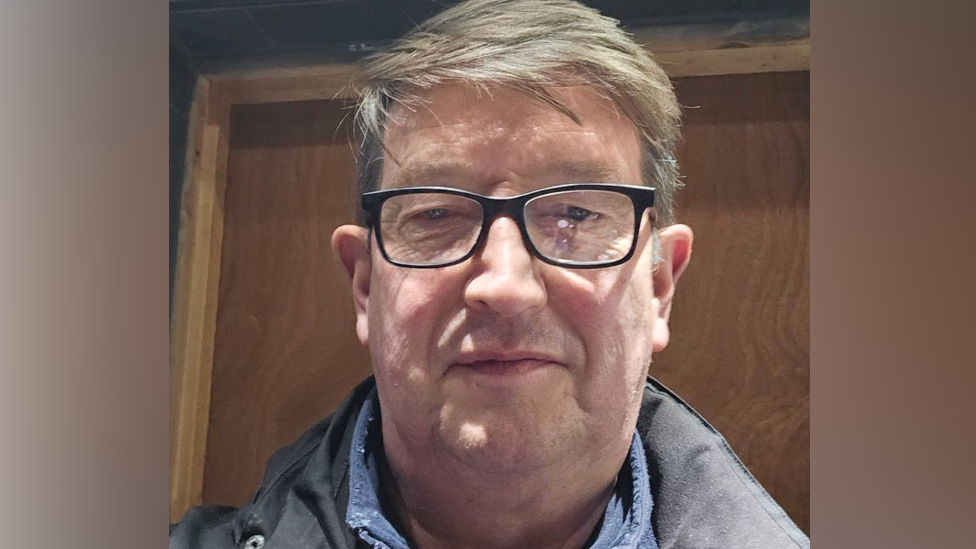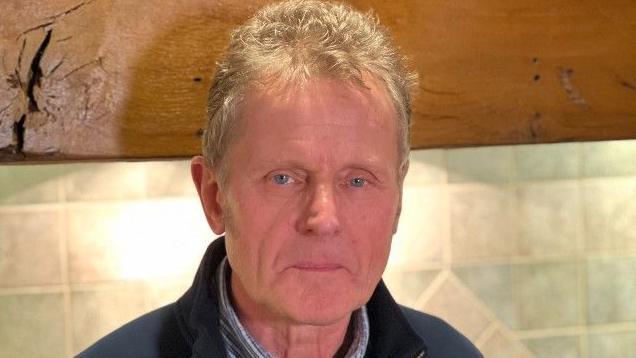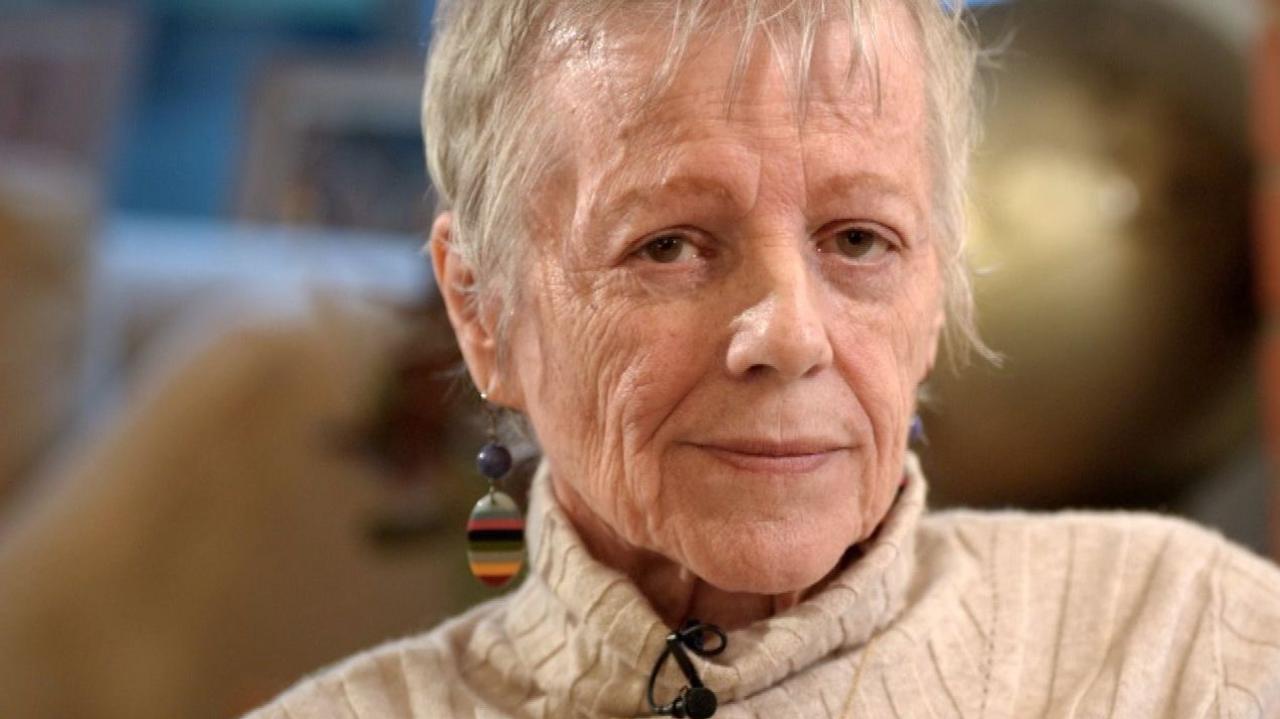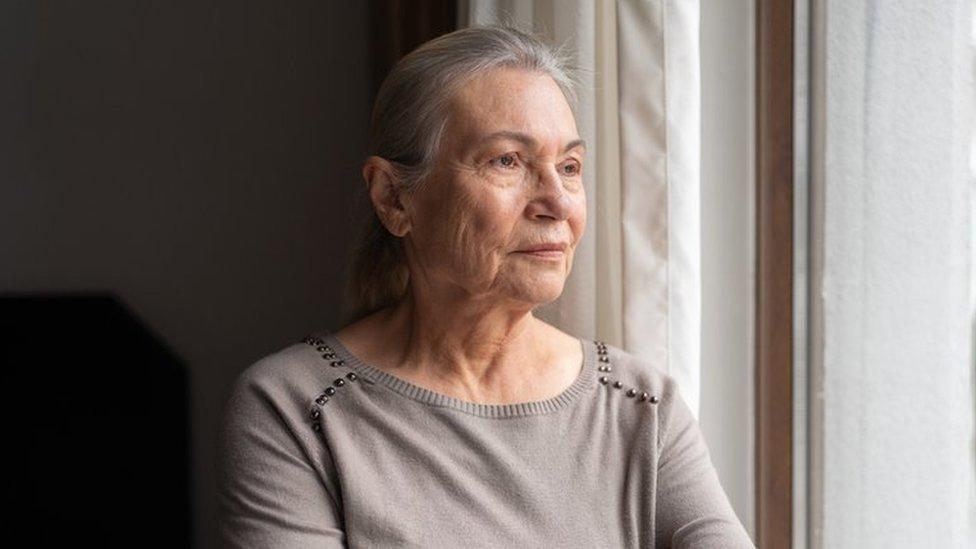Terminally ill father's death drives son's fight

Paul Groves said if his terminally ill father had had the choice to end his own life, he would have definitely taken it
- Published
An assisted dying campaigner said he was inspired to join the cause after his terminally ill father starved himself to death.
Paul Groves, from Halesowen in the West Midlands, said if his dad had access to life-ending medication more than a decade ago, he would have definitely taken it.
"He felt he had no other choice. He was unable to keep food down and was in lots of pain and he didn't want to be here any longer," he said.
MPs will on Friday debate and vote on whether terminally ill people should have the right to end their lives.
The issue is divisive and complex with those in favour, such as Dame Esther Rantzen, saying it would give them "the dignity of choice".
Those against have raised serious concerns about its impact on vulnerable people and any possible future expansions of a would-be law.
Mr Groves, leader of Birmingham's Dignity and Dying group, said the UK was in the best position to pass the bill and "get it right".
He told BBC Radio WM he and his sister fully supported their dad's decision to end his own life.
"He was unable to keep food down himself and was in lots of pain," Mr Groves said.
"He felt that it was the only course of action that he could take.
"You'd think [starving yourself] wouldn’t last very long, but it lasted nine days.
"Unfortunately it’s the kind of memory that sticks with you rather than the memories you should have."
If you have been affected by any of the issues raised in this story you can visit BBC Action Line.
A 'dangerous' bill
But for others, such as Baroness Tanni Grey-Thompson, the bill has raised huge concerns with them.
The former Paralympian and a disability campaigner, told BBC Breakfast that "there's a lot of worry out there about how this law can expand if it comes in".
Dr Gordon Macdonald, chief executive of campaign group Care Not Killing, called the bill "dangerous and ideological" and urged the government instead to focus on improving the palliative care system
What is the Terminally Ill Adults (End of Life) Bill?
MPs will debate and vote on the bill, which would give terminally ill people in England and Wales the right to choose to end their life, on Friday.
Under its terms anyone who wants to end their life must:
be over 18, live in England and Wales and have been registered with a GP for at least 12 months
have the mental capacity to make the choice and be deemed to have expressed a clear, settled and informed wish, free from coercion or pressure
be expected to die within six months
make two separate declarations, witnessed and signed, about their wish to die
satisfy two independent doctors they are eligible - with at least seven days between each assessment
A High Court judge would have to rule each time a person makes a request to end their life, and a patient would then wait 14 days before acting.
A doctor would prepare the substance being used to end the patient's life, but the person would take it themselves.
Get in touch
Tell us which stories we should cover in Birmingham and the Black Country
Follow BBC Birmingham on BBC Sounds, Facebook, external, X, external and Instagram, external.
Related topics
- Published28 November 2024

- Published4 October 2024

- Published28 November 2024

